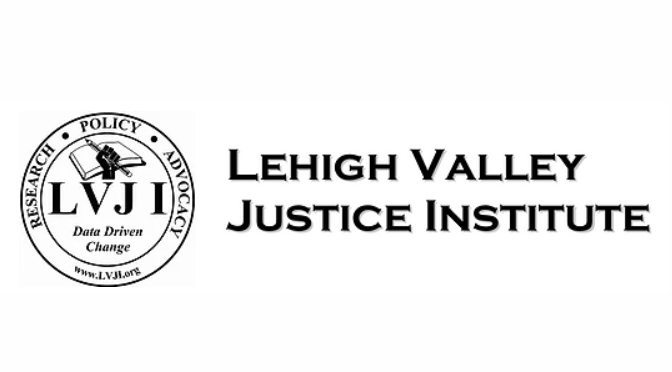 Loading...
Loading...
Lehigh Valley, PA – In an era when gun violence and violent crime are posing a serious threat to safety throughout the Lehigh Valley, why are our governments wasting law enforcement resources, and our tax dollars, prosecuting low level marijuana offenses? That’s the question posed by the latest scientific study released by the Lehigh Valley Justice Institute (LVJI).
LVJI’s study looked at a dataset of criminal cases in Lehigh and Northampton Counties filed between January 1, 2018 and March 31, 2021. It found that over 16% of all criminal cases in the dataset involved marijuana charges. “In an age of out of control gun violence, why are we squandering precious law enforcement resources on something which is legal in much of the country, and in particular, just across the Delaware River in New Jersey?” asks LVJI Executive Director Joe Welsh.
The principal findings of the report include:
- The continued criminalization of marijuana disproportionately affects African-American residents. Blacks are 6.4 times more likely to be arrested for marijuana
- The courts are clogged up with marijuana offenses. One in six cases involved marijuana charges.
- Where other offenses are charged the vast majority are non-violent crimes. Only 4% of co-charges involved violent crimes.
- Bethlehem’s decrin1inalization ordinance show promise for local legalization efforts to reduce the burden on courts, law enforcement, and the taxpayers. Consistent enforcement and respect for the will of the people’s representatives on local legislative bodies is key.
LVJI notes the sordid history of marijuana laws in the United States. “It is no surprise that African Americans are 6.4% more likely to be targeted under marijuana laws. The specific intent of the Nixon Administration’s war on drugs was to target anti-Vietnam war activists and African Americans. This was admitted decades later by Chief Domestic Policy advisor John Ehrlichman,” Welsh explained.
It was reported in the April, 2016 issue of Harper’s Magazine that Ehrlichman confessed that the “War on Drugs” had a racist intent:
The Nixon campaign in 1968, and the Nixon White House after that, hod two enemies: the antiwar left and Block people,” Ehrlichmon said. “You understand what I’m saying? We knew we couldn’t make it illegal to be either against the war or Block, but by getting the public to associate the hippies with marijuana and Blocks with heroin, and then criminalizing both heavily, we could disrupt those communities. We could arrest their leaders, raid their homes, break up their meetings, and vilify them night after night on the evening news. Did we know we were lying about the drugs? Of course we did. (See University of Pennsylvania Seminar: The War on Drugs as Structural Racism https://ldi.upenn.edu/our-work/research-updates/the-war-on-drugs-as-structural-racism/ and CNN https://www.cnn.com/2016/03/23/politics/john-ehrlichman-richard-nixon-drug-war-blacks-hippie/index.html
“We hope that our local municipalities will follow the lead of Bethlehem and Allentown in remedying the wrongs of Marijuana prohibition. It is imperative that our local leaders craft Lehigh Valley based solutions, as Harrisburg and Washington struggle to get their act together,” Welsh concluded.
Copies of the LVJI studies are publicly available on the Resources page of the Institute’s website: https://www.lvji.org/resources. The Lehigh Valley Justice Institute is a nonprofit, nonpartisan, independent research, policy and advocacy organization focused on improving justice system outcomes here in the Lehigh Valley. LVJI uses a scientific, data-driven approach to promoting a re-imagined justice system which is fair and equitable for all communities. The Institute looks for local solutions which can be implemented here in the Lehigh Valley, instead of waiting for Harrisburg or Washington to act.
Information provided to TVL by:
Joseph E. Welsh
Executive Director
Lehigh Valley Justice Institute
www.LVJI.org




